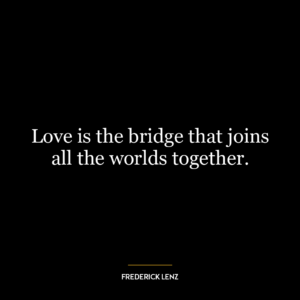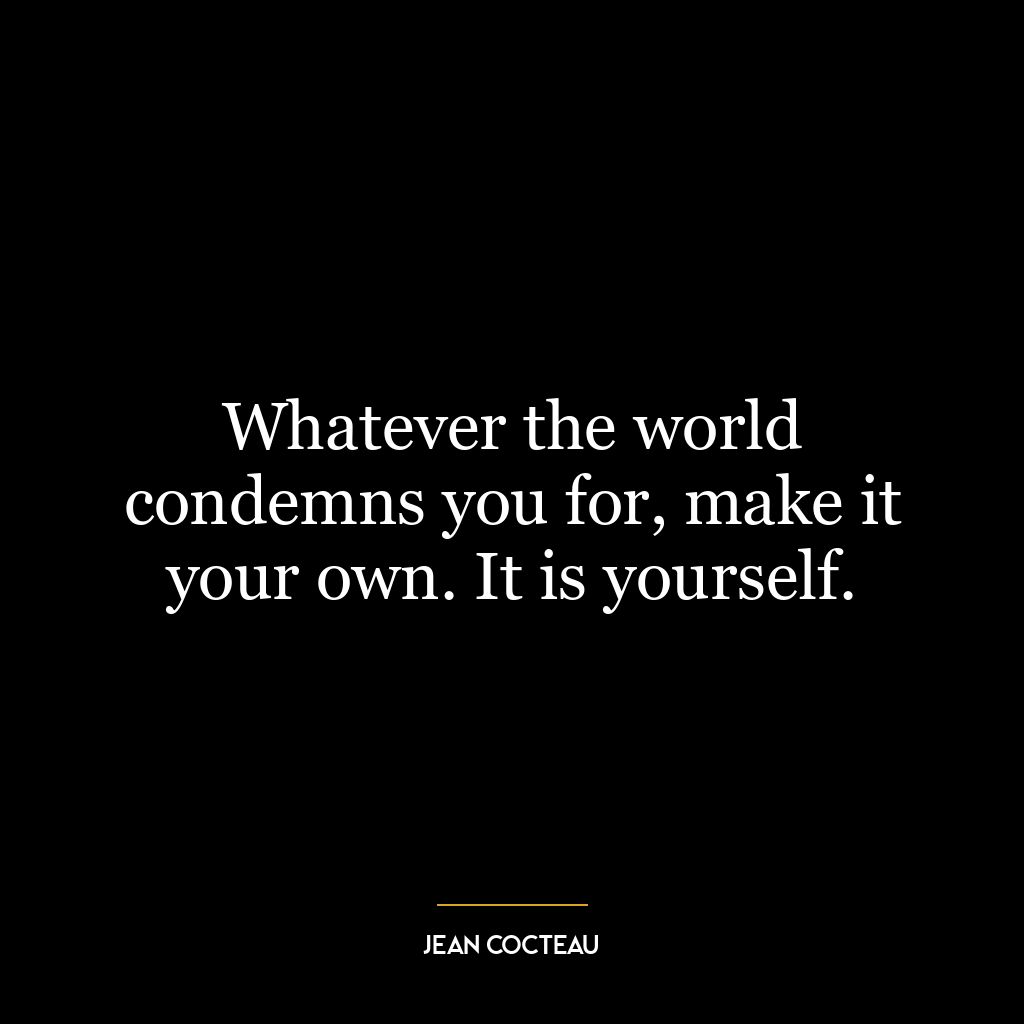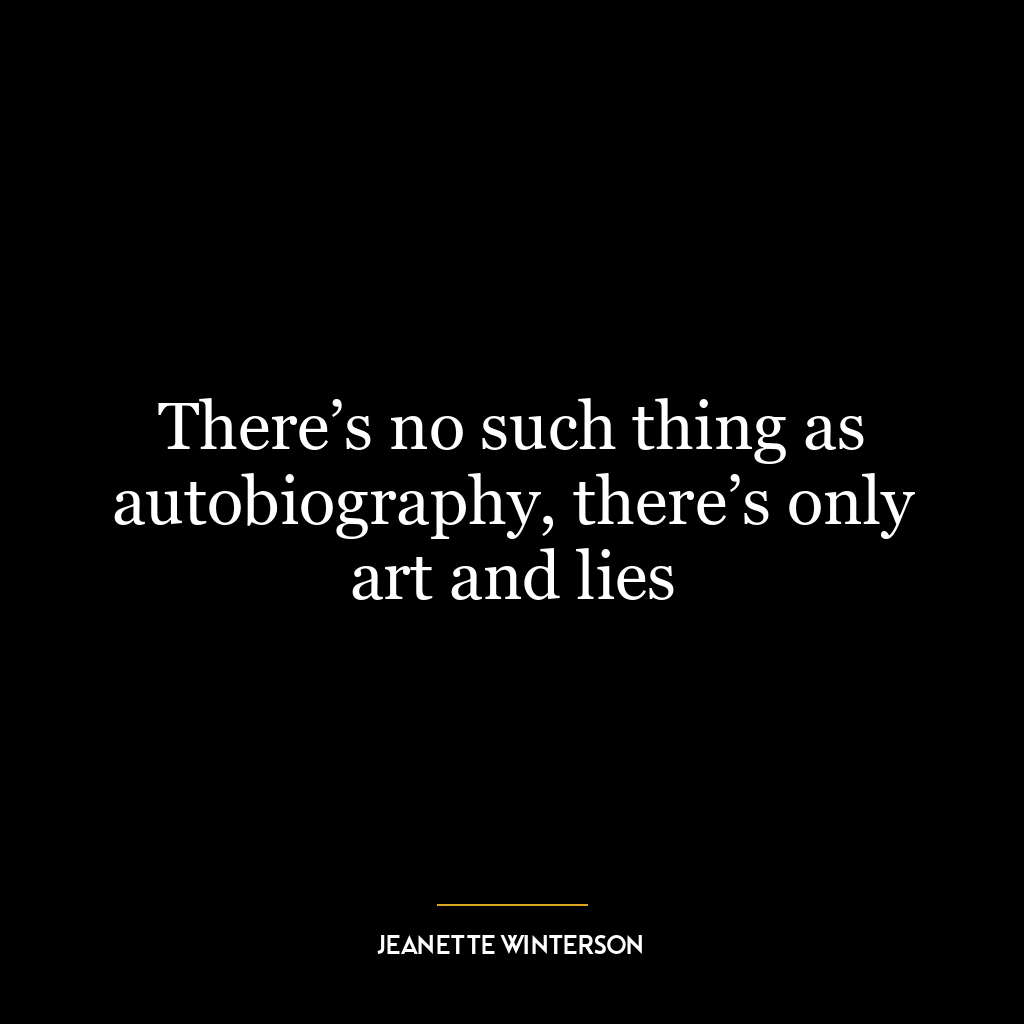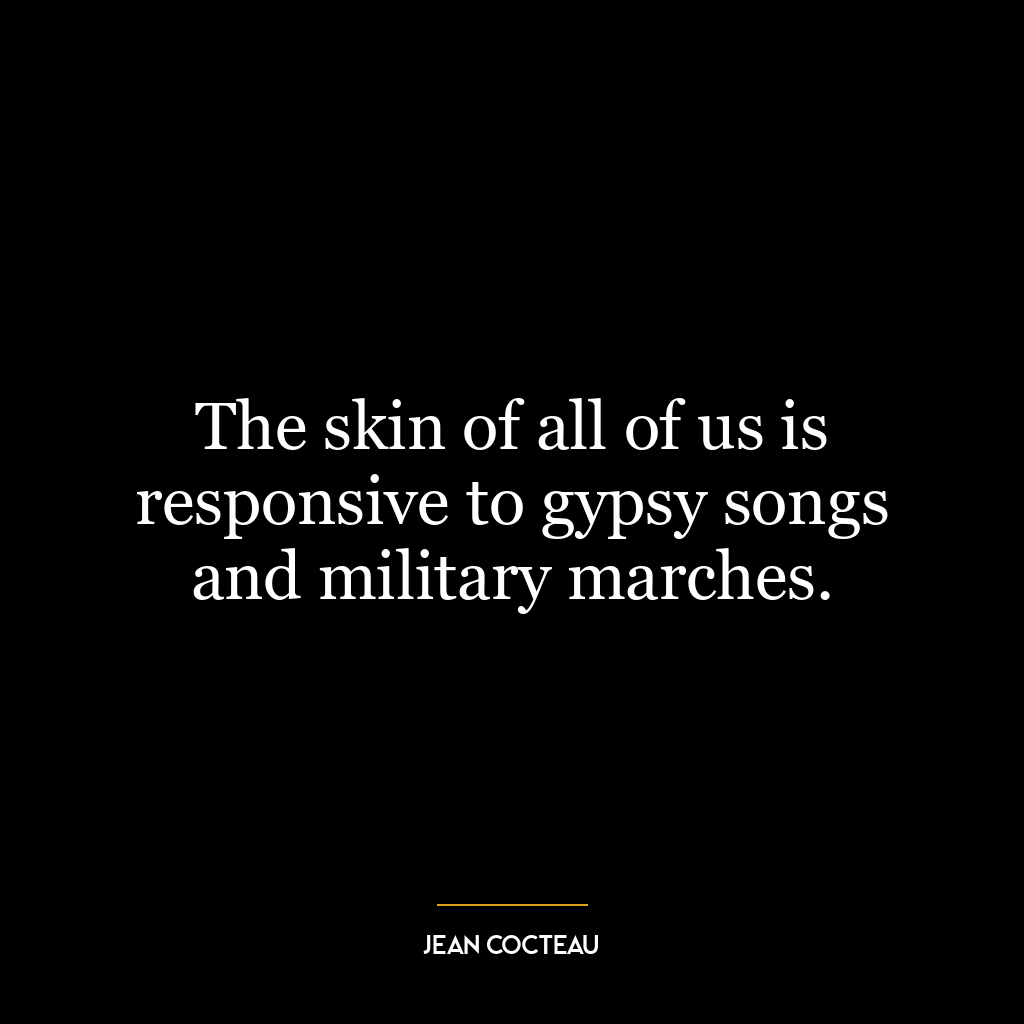This quote, “We are made up of nothing. There is no self. We are whatever we decide we are,” speaks to the concept of self-identity and its fluidity. The first part, “We are made up of nothing,” suggests that our identities aren’t fixed or inherent, but rather something we construct. We are not born with a predestined identity; it is not something tangible or concrete.
The second part, “There is no self,” reinforces this idea by suggesting that the self is not a fixed, unchanging entity. Instead, it is a dynamic, ever-changing construct that is shaped by our experiences, perceptions, and decisions. This concept aligns with the Buddhist philosophy of Anatta, or non-self, which posits that there is no unchanging, permanent self or soul.
The third part, “We are whatever we decide we are,” implies that our identities are a matter of personal choice and self-definition. We have the power to define who we are based on our values, beliefs, and experiences. Our identity is not something that is imposed on us by external factors, but something that we actively create and shape.
In today’s world, this idea is particularly relevant. In an era characterized by rapid change and uncertainty, the ability to shape one’s identity and adapt to new circumstances is crucial. This quote encourages personal development and self-growth, as it suggests that we are not bound by our past or our circumstances. We have the power to redefine ourselves and to create our own path.
In terms of personal development, this quote can be seen as a call to action. It encourages us to take ownership of our identities and to actively shape our lives based on our values and aspirations. It reminds us that we are not passive recipients of our identities, but active creators. This perspective can empower us to make positive changes in our lives and to pursue our goals with confidence and determination.









